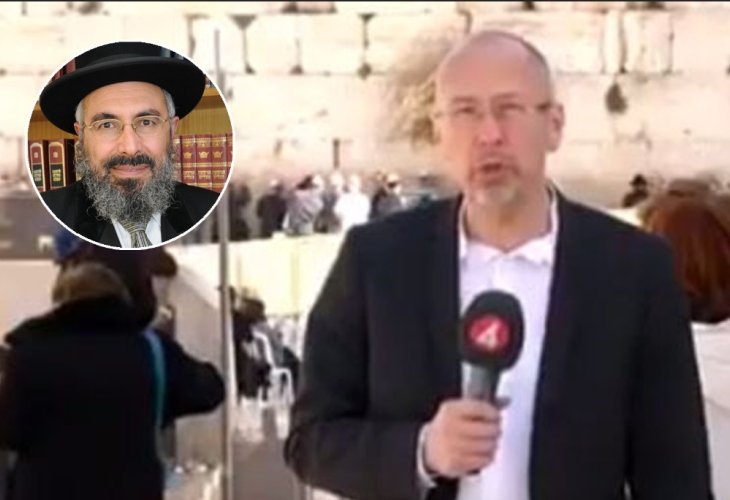Jewish Law
Halachah and Social Media: Is It Permitted to Photograph Someone Without Consent?
In a world gone crazy with 'sharing,' Jewish law provides essential perspective on dignity, privacy, and modern technology

Respecting Privacy Is a Torah Value
Many people don’t know that according to Jewish law, it is forbidden to photograph a person without his knowledge and consent.
Every individual is entitled to hatznei’a lechet — to live modestly and privately, which is a key Torah value. When someone is photographed without giving permission, that privacy is violated, and the person’s dignity is diminished.
The Torah cautions us: “Do not allow wrongdoing to dwell in your tent” (Devarim 23:15). Capturing someone in an embarrassing position and making that record permanent by filming or photographing it is precisely the sort of “wrongdoing” the Torah requires us to prevent.
Everyday Awareness
In earlier generations, hiring a photographer required preparation, consent, and awareness. Today, every phone has a camera, and every moment can be recorded instantly. This ease of access has led to countless breaches of modesty and respect.
When Pictures Become Lashon Hara
Photographs and videos can be just as damaging as words — and often, more so. An image passed around on WhatsApp or posted online can humiliate someone, misrepresent them, or give rise to false rumors. In many cases, this is also considered motzi shem ra — slander.
For example, if two unrelated people are photographed side by side and the image is shared with a misleading caption, viewers may assume a connection that never existed. In this way, the photograph itself “speaks” harm.
Social Media and Shaming
Many people assume that if something genuinely happened, there’s nothing wrong with publicizing it. It’s important to note that the aveirah (sin) of lashonhara refers specifically to sharing information that is true.
There have been countless instances in recent years, ever since social media became a phenomenon, of public shaming related to things that really did happen but should have been kept private. Tragically, lives have been devastated and even lost due to humiliation caused when photos and videos of private moments were shared with dozens, hundreds, or even thousands of people.
Even photos that seem innocuous can be misinterpreted by others who are unaware of the context of the images. This is why it’s essential to gain the consent of the people captured on film before disseminating it.
By now, almost everyone knows of the damage that sharing can wreak, and few in the outside world have any practical solutions to offer. The Torah’s timeless wisdom speaks to us in each and every generation, sheltering us from harm and guiding us toward lives of dignity and respect for all.

